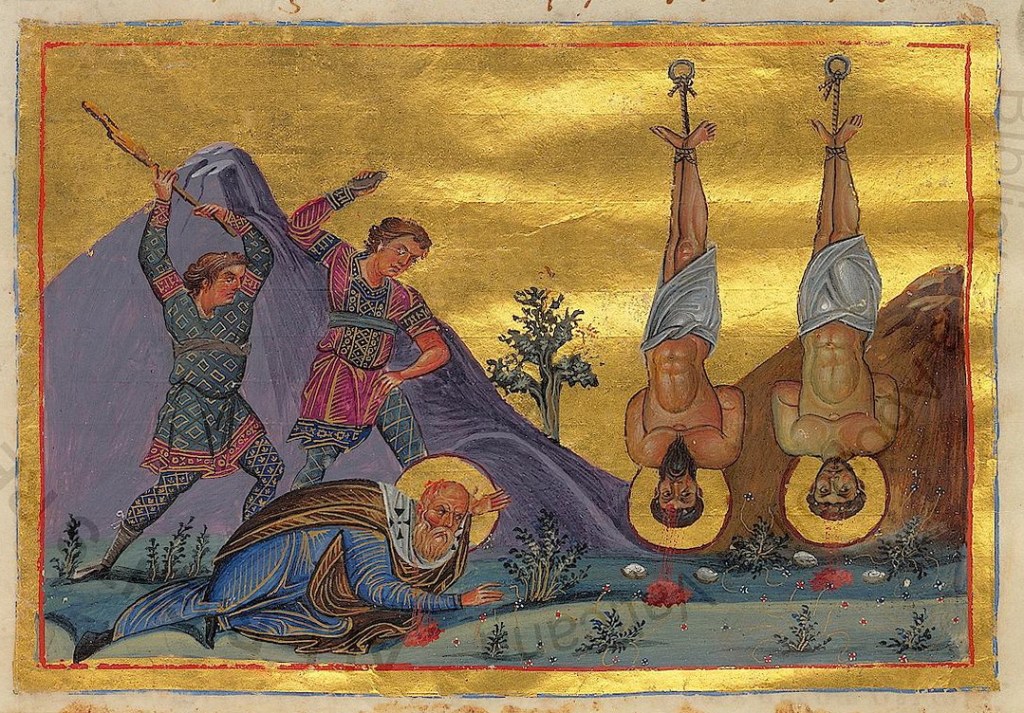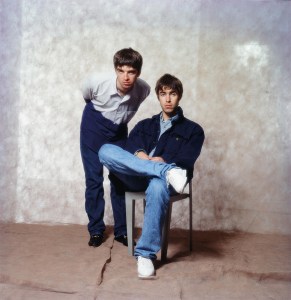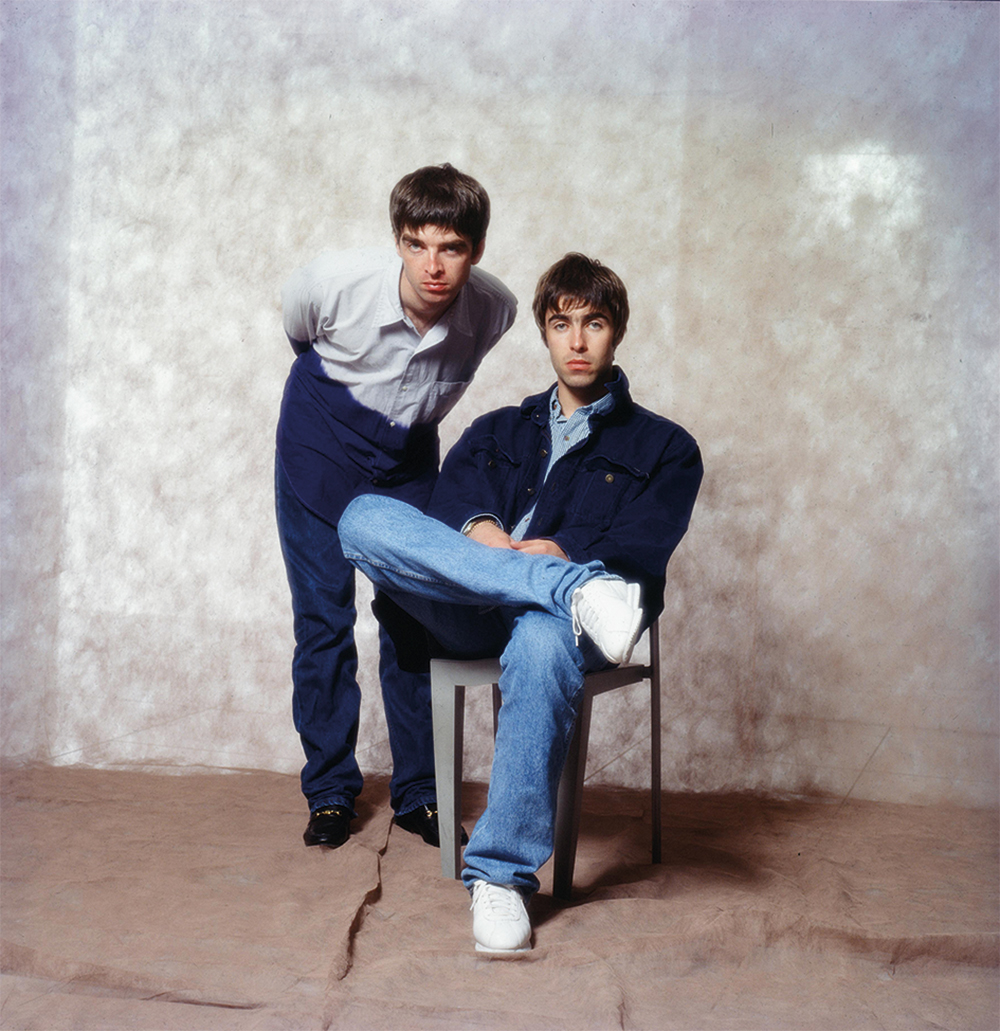The New York Times reports on a minor dust-up in the world of medieval scholarship. Mary Rambaran-Olm, a postdoctoral fellow at the University of Toronto, wrote a largely negative review for the Los Angeles Review of Books in which she accused Matthew Gabriele and David Perry of “whitewashing” medieval history in their new book, The Bright Ages, in which (I have read the book) they attempt very much to do the opposite. They include the stories of figures (women and minorities) who are usually not included in trade histories covering over 1,000 years.
The editors at the Los Angeles Review of Books requested edits to the review. Rambaran-Olm apparently refused most of them, so the editors killed the review. Rambaran-Olm published the review on her own and took to Twitter to complain about her treatment by the editors. Here’s the Times:
“Some shady things from the editors,” she wrote on Twitter. “My review *IS* coming out and it’s not whitewashed which is what this incestuous club wants.”
Others on Twitter jumped in, assailed what they saw as the racist treatment of a woman of color, and called on both the Los Angeles Review of Books and the authors of The Bright Ages to issue statements.
On April 27, Dr. Rambaran-Olm posted what she said was the nearly 3,700-word review “as the editors received it,” with only “four minor edits.” The post, which ran under the headline “Sounds About White,” was accompanied by a photo of the book next to a piece of bread, decorated with a frowny face drawn in what looked like mayonnaise.
I love the title of her review but don’t care for her association of mayonnaise with whiteness. Mayonnaise is not white. It’s French.
The rest is pretty much a waste of time. She accuses the authors over and over of writing too much about white people and Christianity in . . . medieval Europe. I am genuinely curious to know who and what Rambaran-Olm thinks they should have written about. At one absurd point she accuses Gabriele and Perry of “de-Christianizing Christianity” by telling readers that Jesus was a Jew: “While it is true that Western religions have origins outside of Europe, descriptions like this try to de-Christianize Christianity, making it seem ‘hip,’ international and inclusive, while erasing its present role in western imperialism.” You see, Christianity is evil—a mere vehicle for white imperialism—and reminding people that Christianity is, in fact, not originally white screws up the political agenda.
Here we see Rambaran-Olm’s real problem with the book. Throughout she accuses Gabriele and Perry of excluding or altering facts for political or racial reasons. (They don’t, or if they do, it’s almost always in the service of minorities.) But she doesn’t care about facts. What bugs her is that they didn’t exclude or alter facts enough in the service of her political agenda. Don’t remind people that Jesus was a Jew and an immigrant. Don’t say anything good about Christianity or white people. Tell people only how terrible both Christianity and medieval Europe were, and if you don’t, you’re misrepresenting the truth. Rambaran-Olm writes: “Simply naming women who remained subsidiaries in a patriarchal society, or referring to auxiliary figures who were Muslim, Jewish, Mongols, or pagans (never mind the near erasure of trans or queer folk) in order to demonstrate how Christianity developed is nothing less than Christian apologia.”
No wonder the editors axed the review. It is so obviously contradictory, it’s embarrassing.
In other news
Matt Labash writes about writing on writing: “I once had a sickeningly prolific friend say that he now writes more than he reads. This made me never want to read him again. It’s your duty, as a writer – any kind of writer – to always keep filling your tank. And you can’t just do that by huffing your own fumes.”
James Mumford tells it like it is:
I’m in psychiatric hospital in central London and the psychologist is taking us through a “values-clarification exercise.” I’m interested in what the psychologist has to say about values, because I used to teach ethics, at the University of Virginia. But now I’m the student, because I’m the patient. And I’m about to be given a strong dose of moral relativism. I’m about to be told that there are no objective values and, by implication, that good and evil are merely projections of our minds. This, apparently, is going to make me feel better.
It doesn’t, he writes: “A psychology steeped in relativism stands little chance of relieving you of ‘the weight of your own worthlessness.’”
Speaking of psychology, Ronald W. Pies revisits The Broken Brain: “To appreciate the impact of this classic book, you need to understand that, by 1984, the field of psychiatry was at a critical juncture. The allure of Freudian psychoanalysis had faded — its heyday in the United States was in the 1950s and ‘60s — and many psychiatrists were questioning the entire Freudian framework. Biology, like a bright and rising star, was in the ascendant.”
In praise of the forgotten titans of British cinema:
The films of Powell and Pressburger may be slowly declining in both visibility and reputation. Although their greatest work, between The Life and Death of Colonel Blimp in 1943 and The Red Shoes in 1948, constitutes perhaps the most extraordinary run of form in British cinema, there are startlingly few contemporary directors who are indebted to them. At a time when British film is perhaps the least exciting and distinctive that it has ever been, young filmmakers should be all but desperate to study their pictures. Instead their strange, poetic brand of cinema has found little traction amongst the mixture of literalism and banality that largely makes up what is being produced today.
What has happened to Catholic schools? Mark Bauerlein: “How many Catholic schools are really just public schools with a Mass requirement attached, plus an elective or two of theology? Many schools feature lots of Catholic talk on the website, but when it comes to the actual books assigned and knowledge tested, Catholicism pretty much disappears. English, history, civics, arts, math, and science courses look no different from the classes at the suburban county schools down the road. This is a sorry situation, and Catholic bishops, lay administrators, and educators are ultimately responsible for it.”
Lee Langley reviews Steve Toltz’s Here Goes Nothing: “The Australian novelist Steve Toltz specializes in the blackest of comedy. His first novel, A Fraction of the Whole, was shortlisted for the Booker in 2008. Here Goes Nothing, his third, plays with murder, suicide and apocalypse. Laughter in the dark.”

























